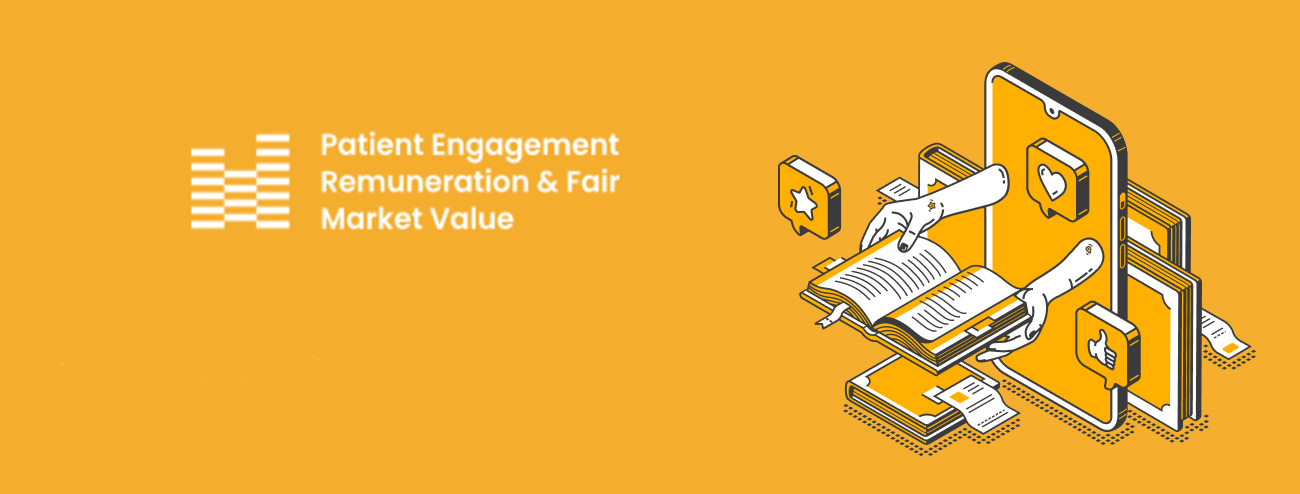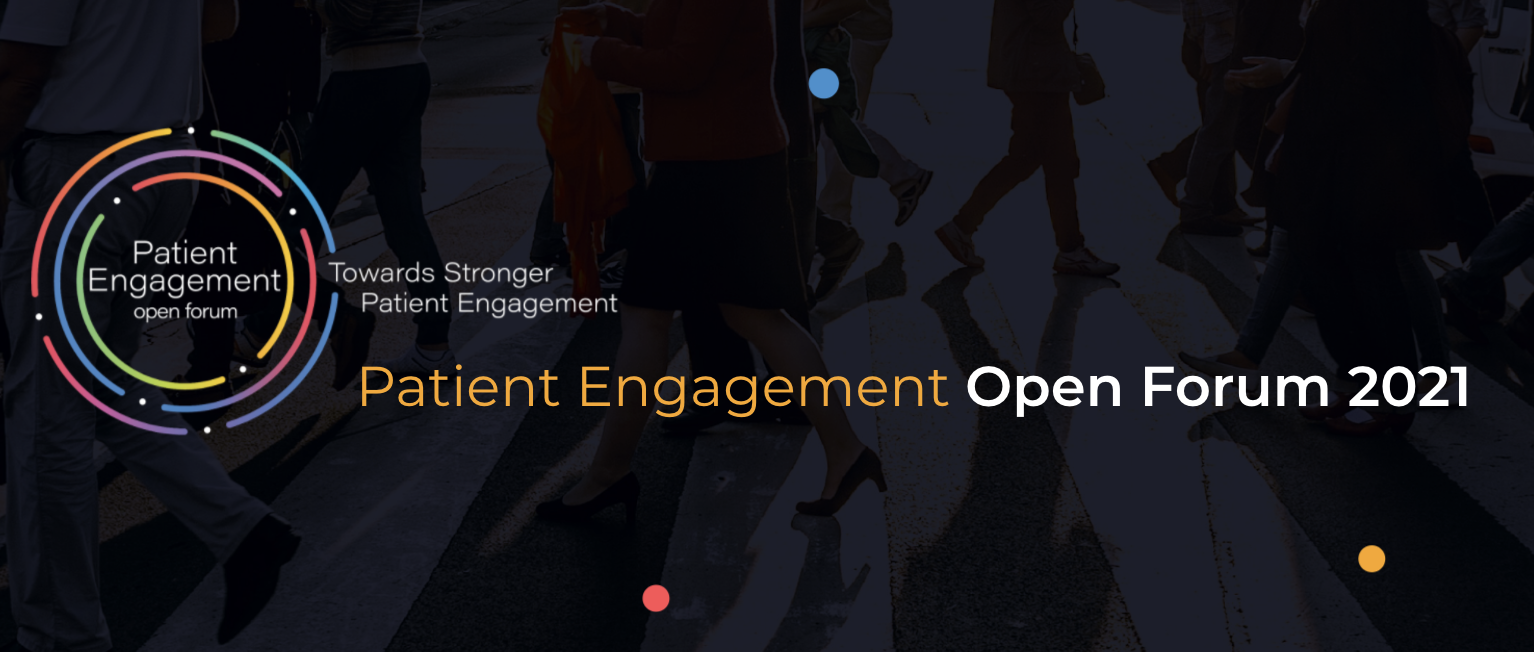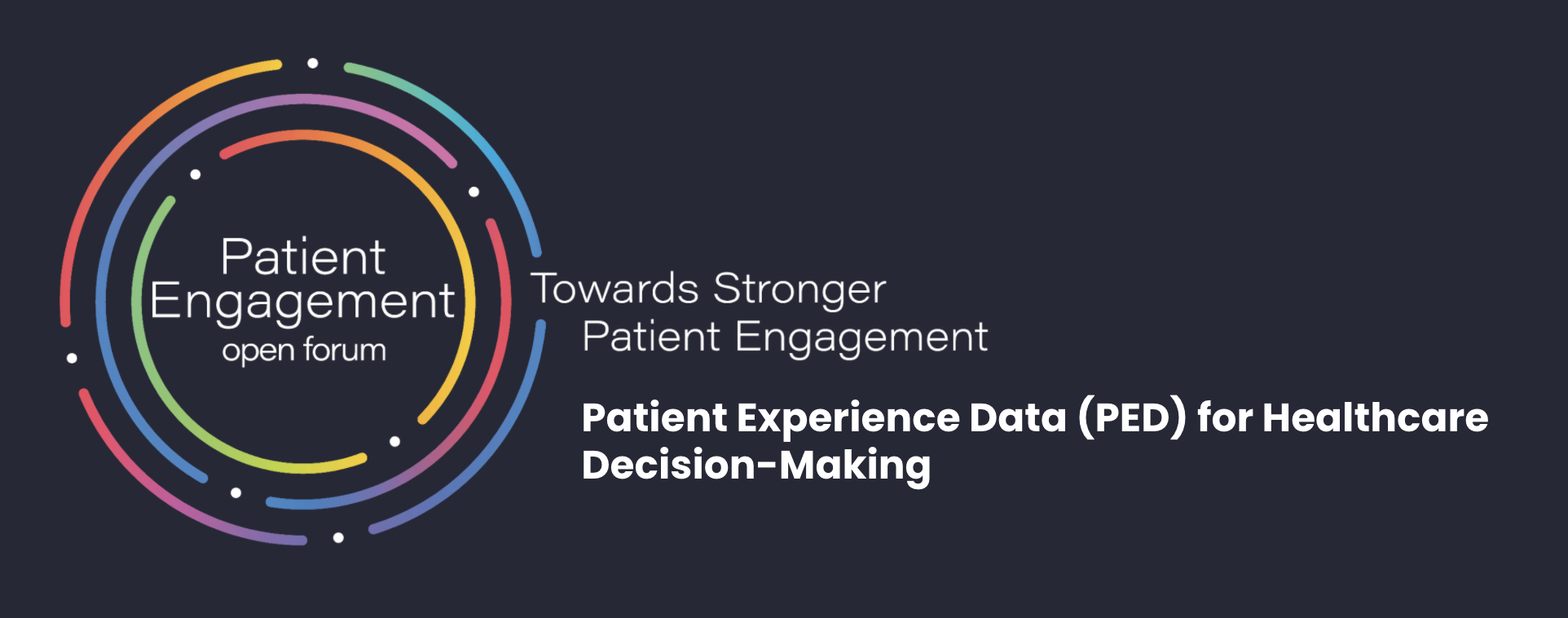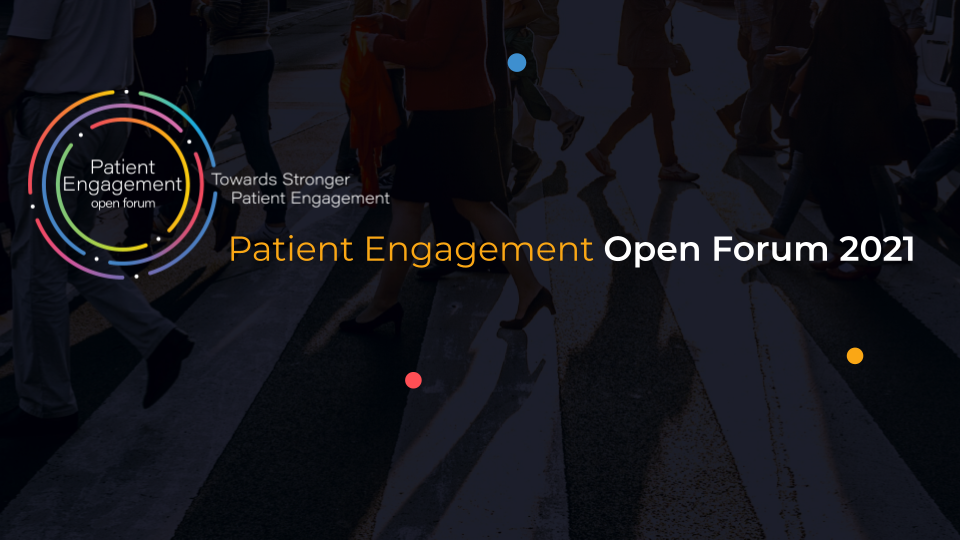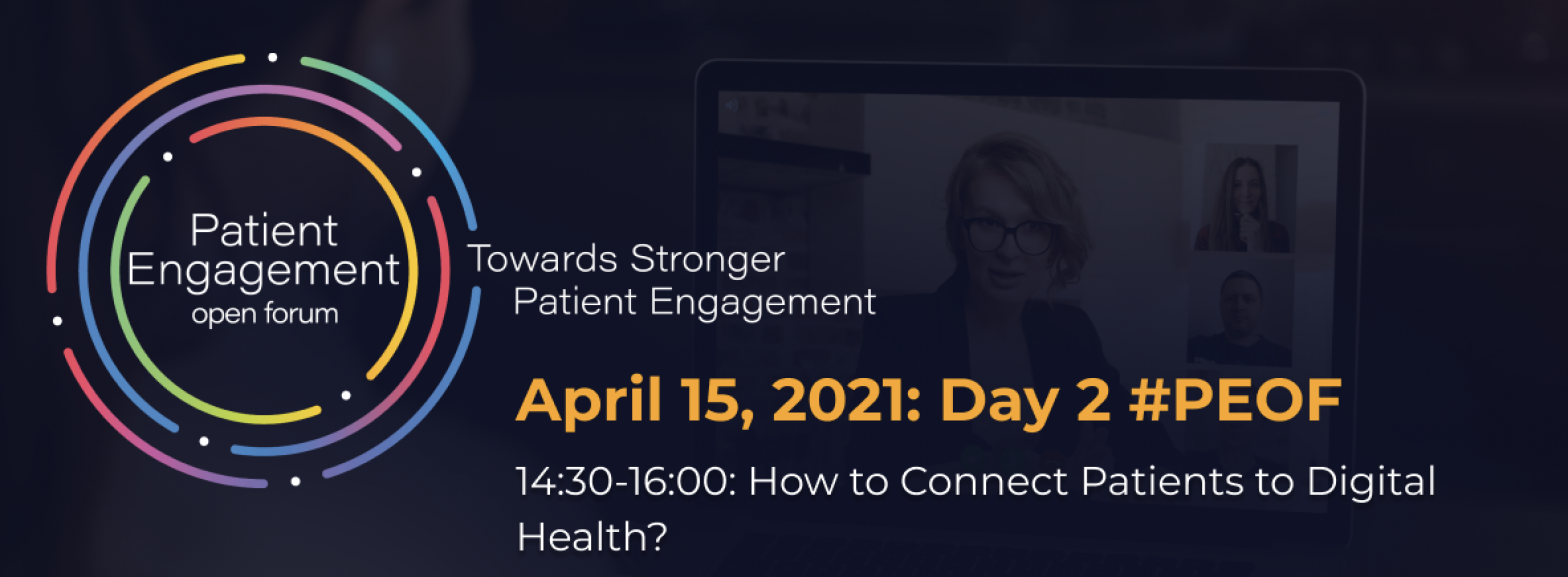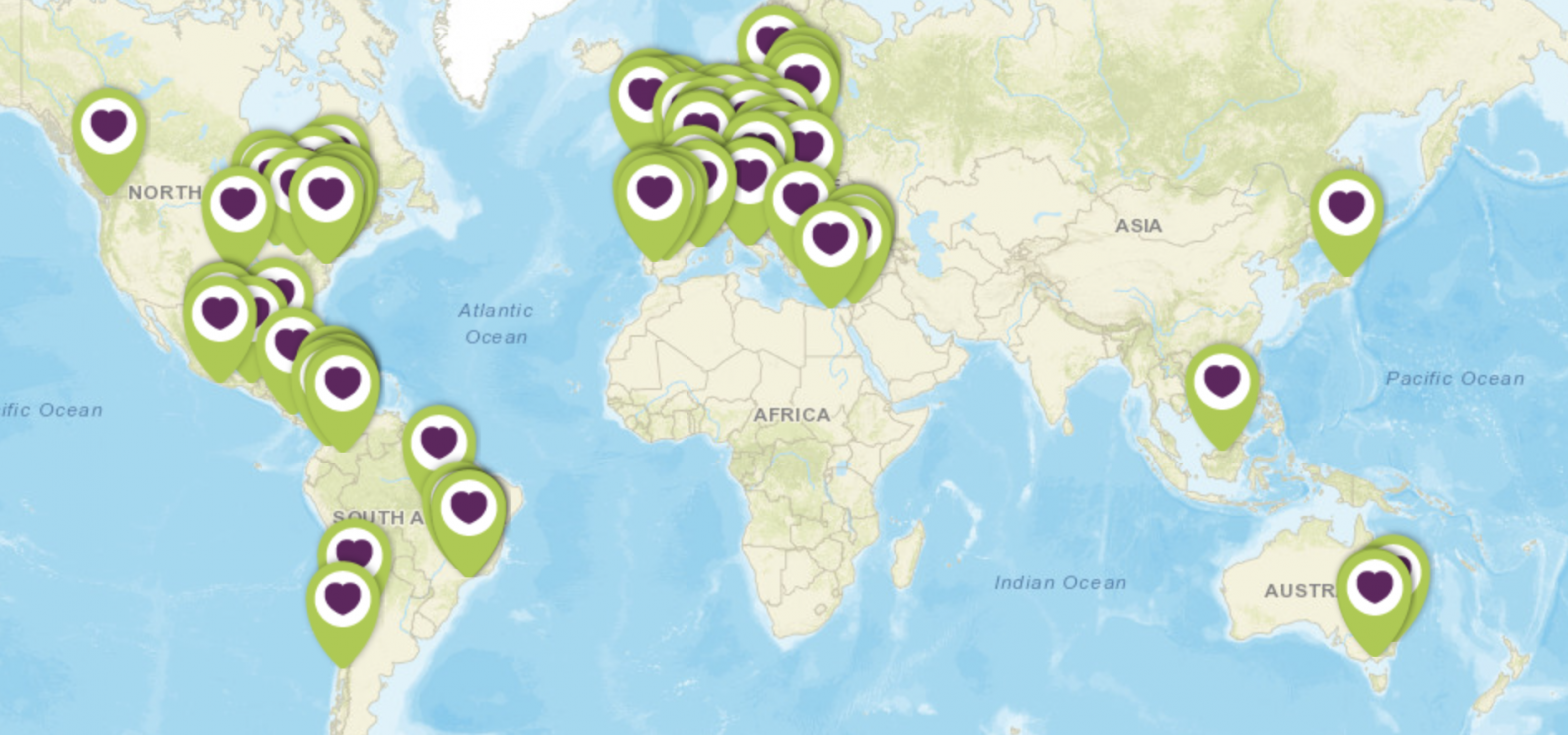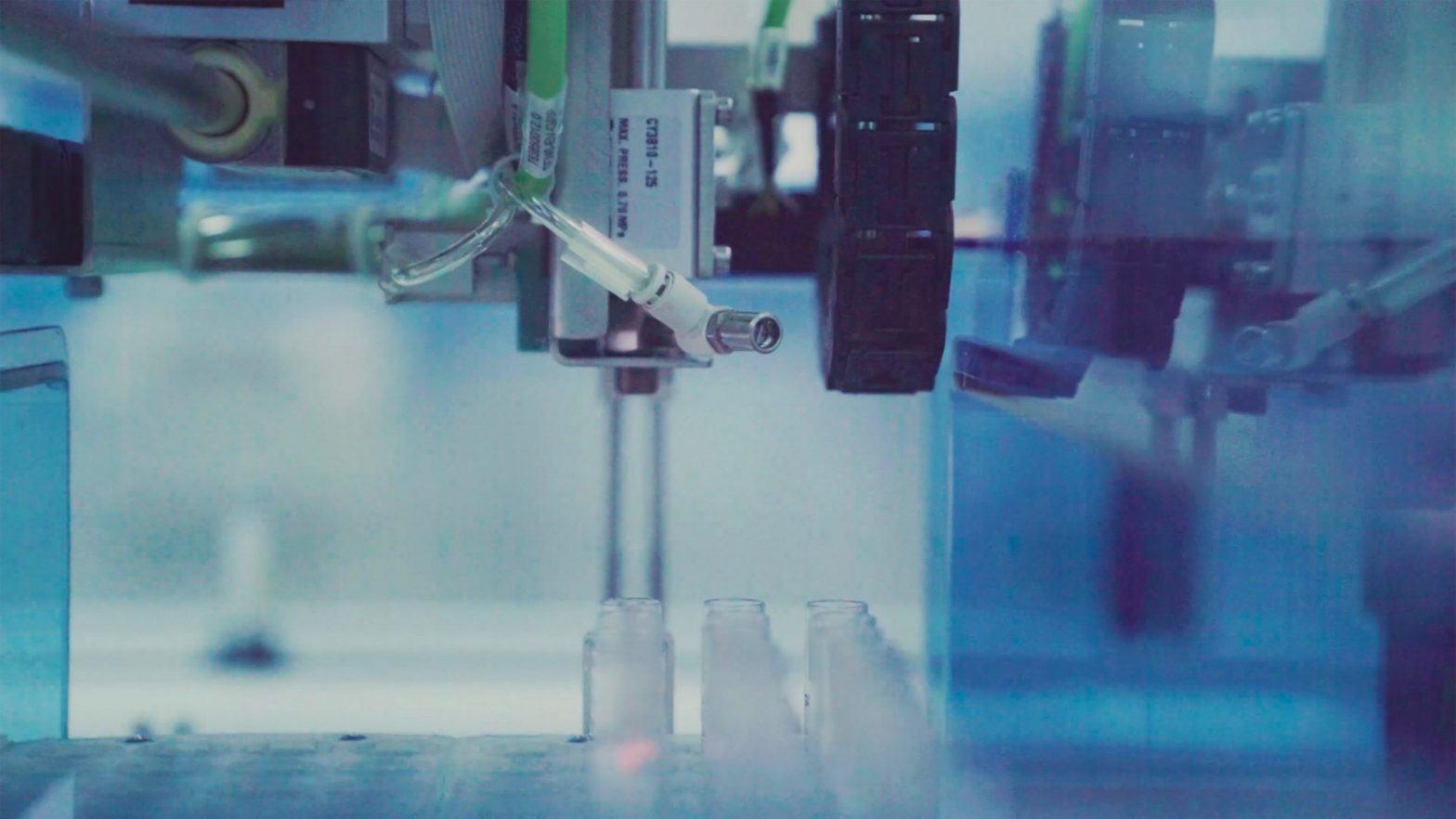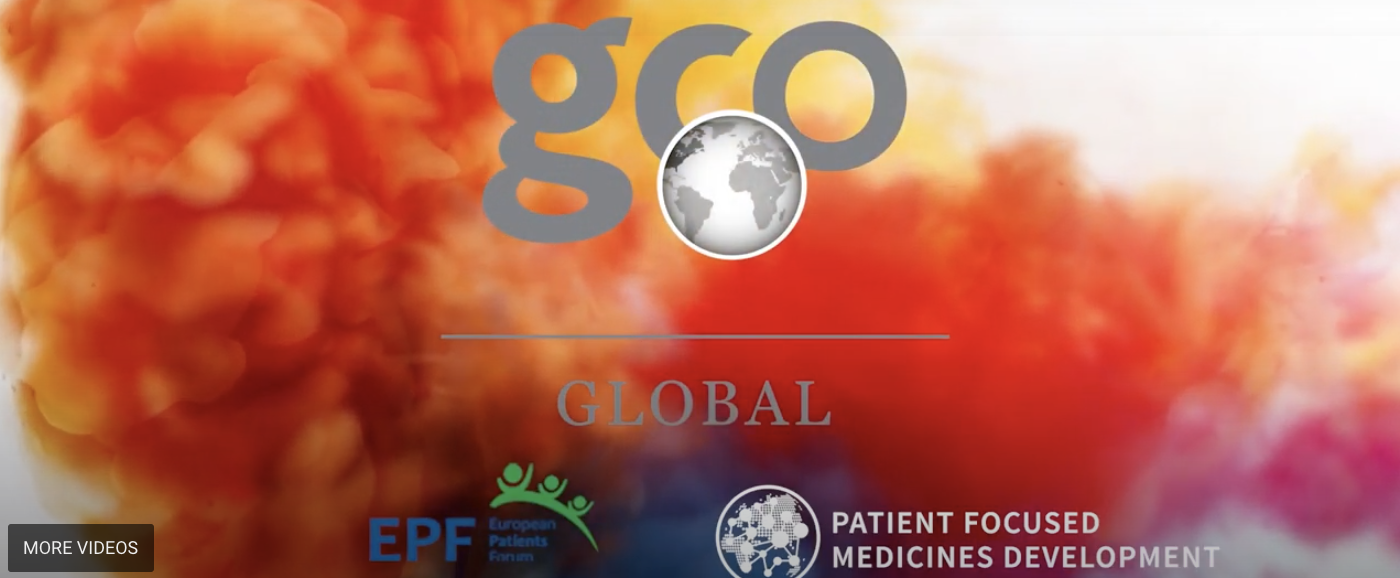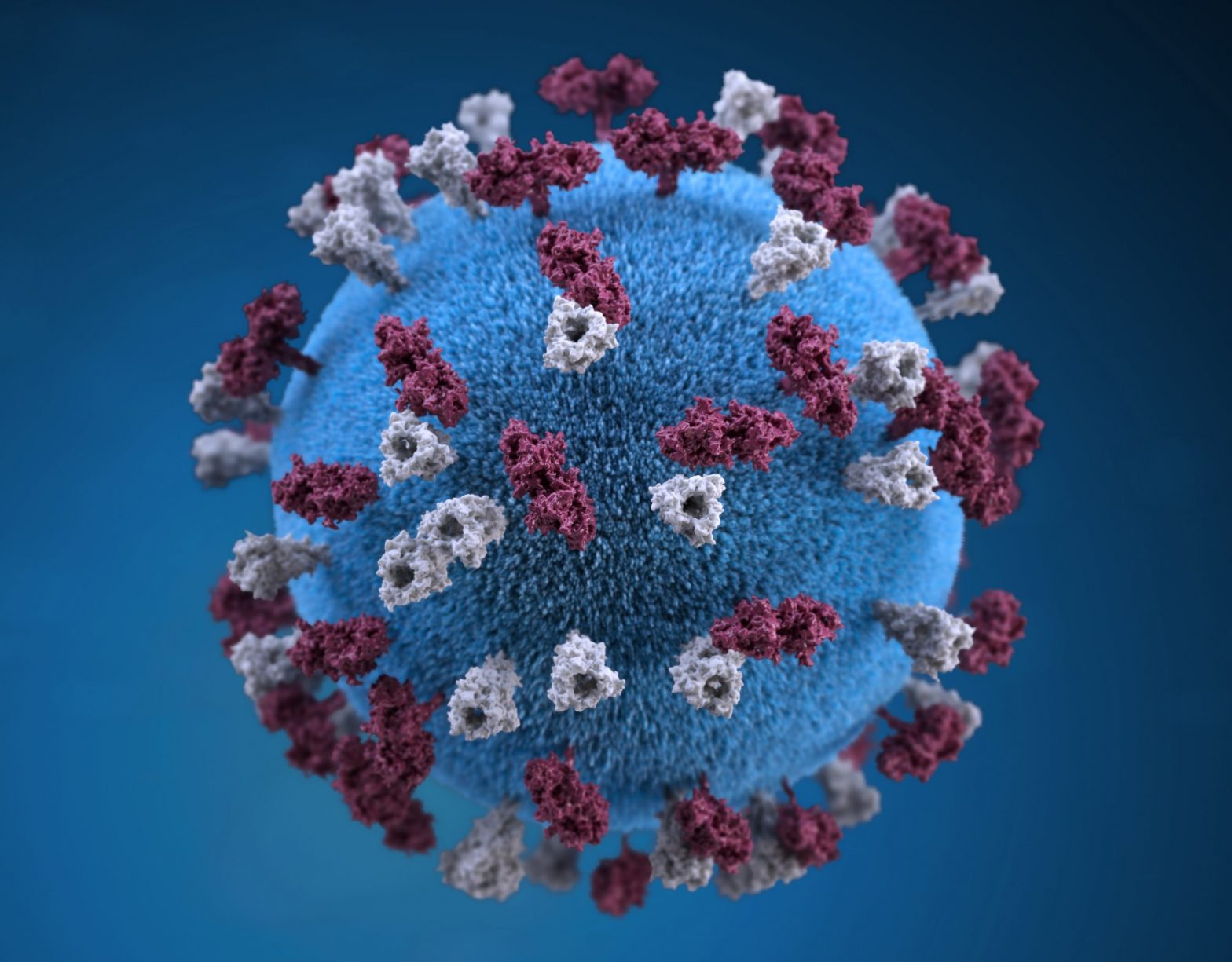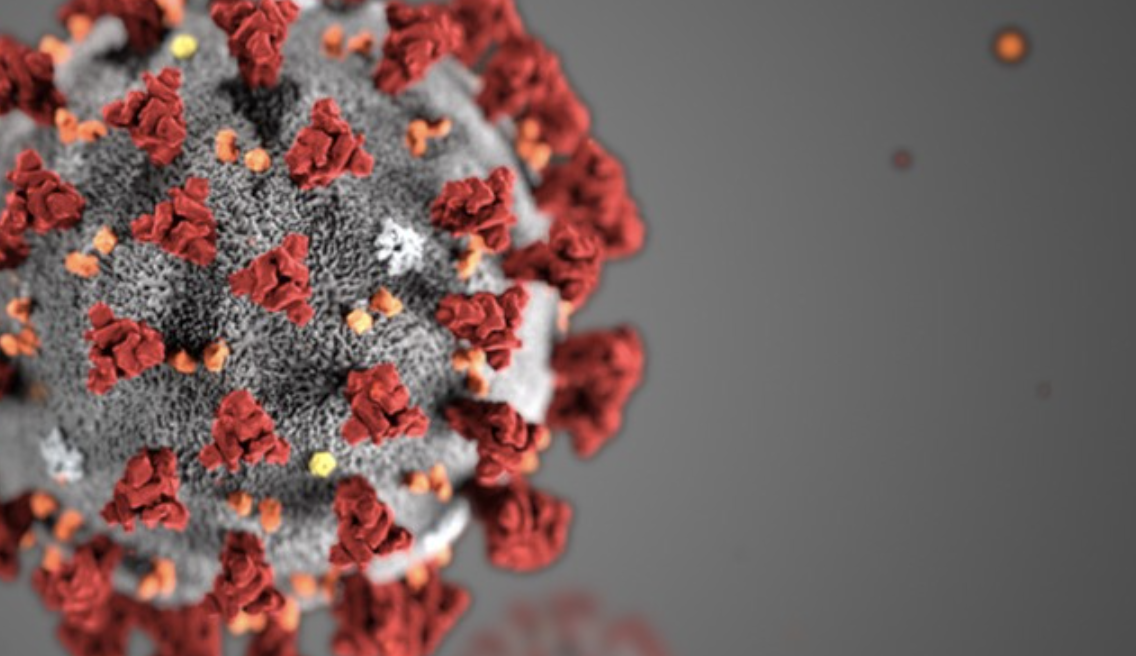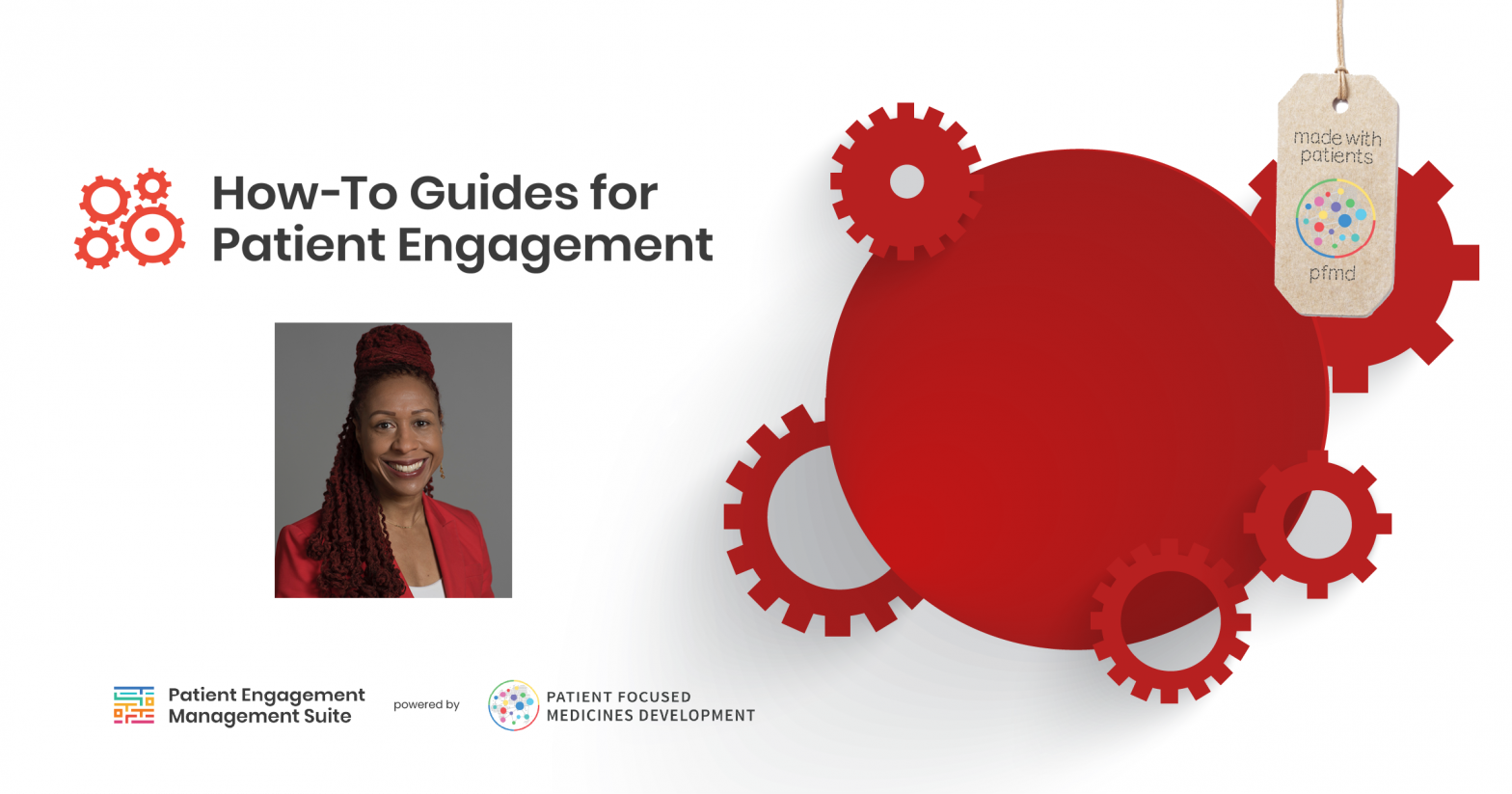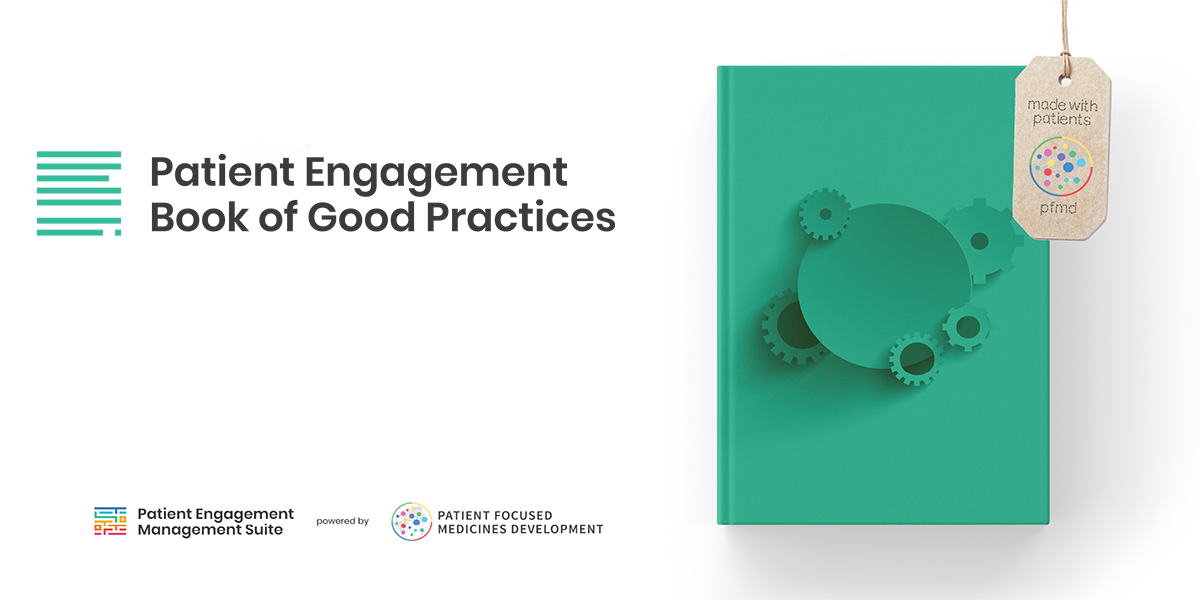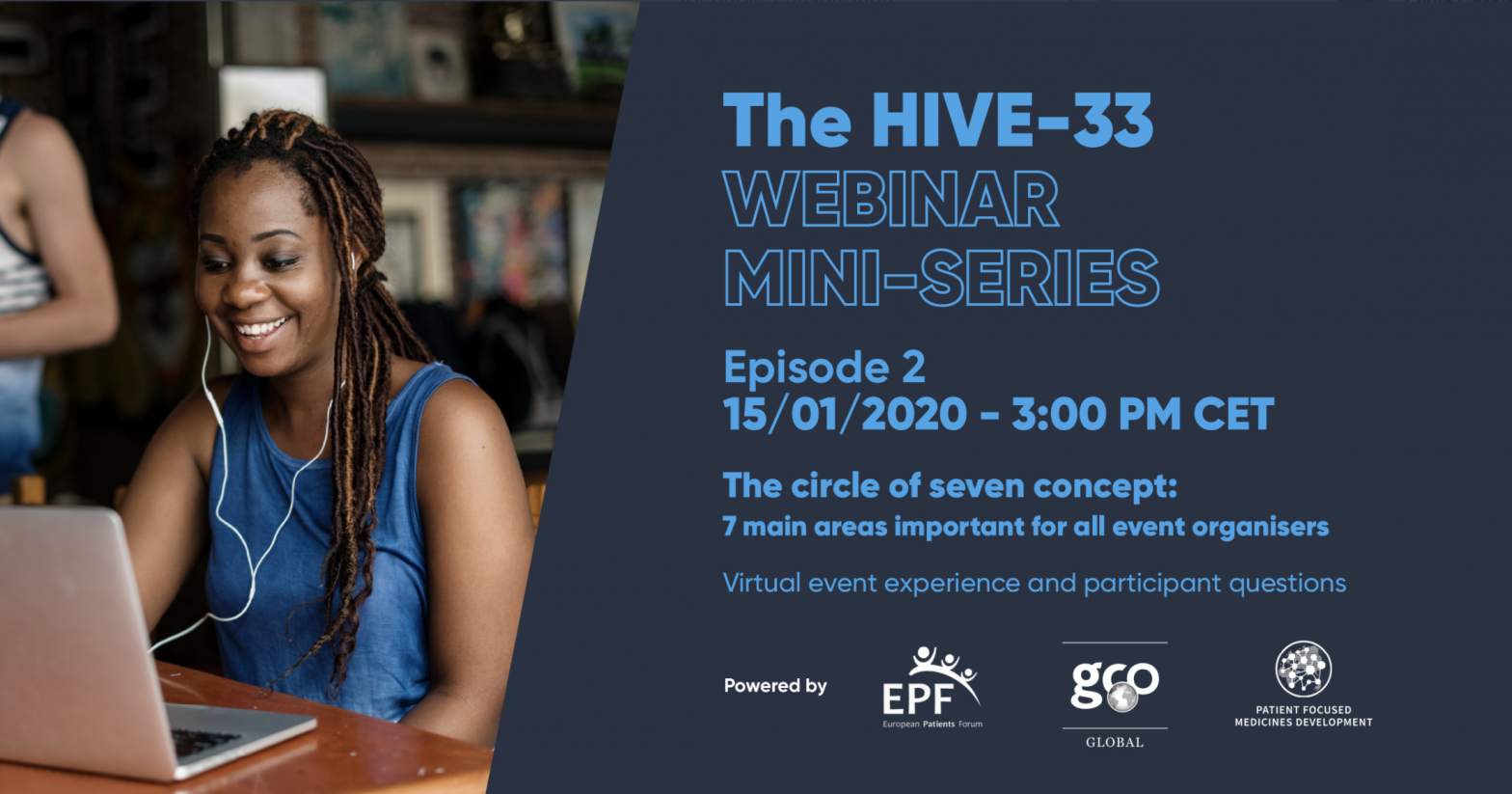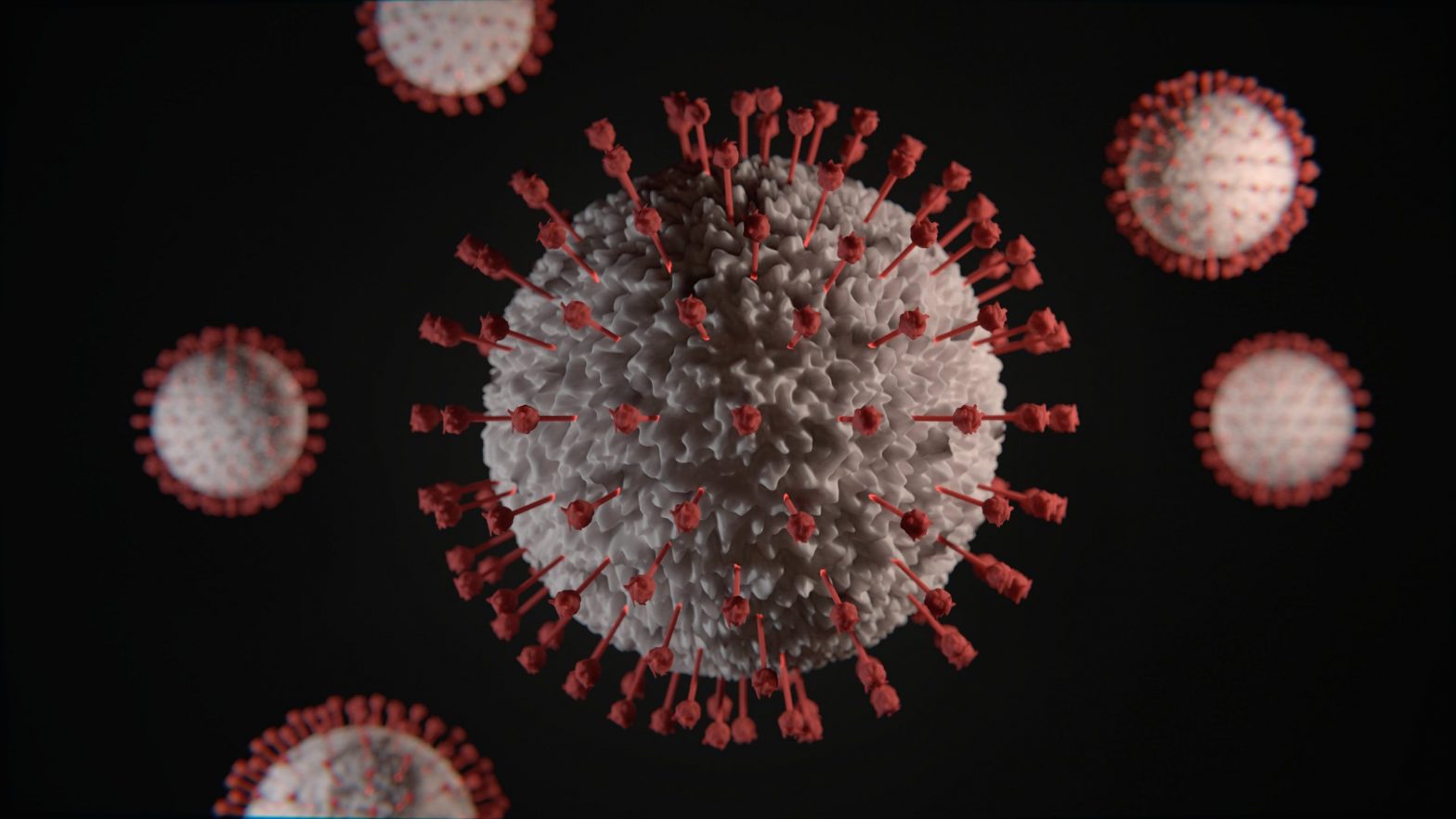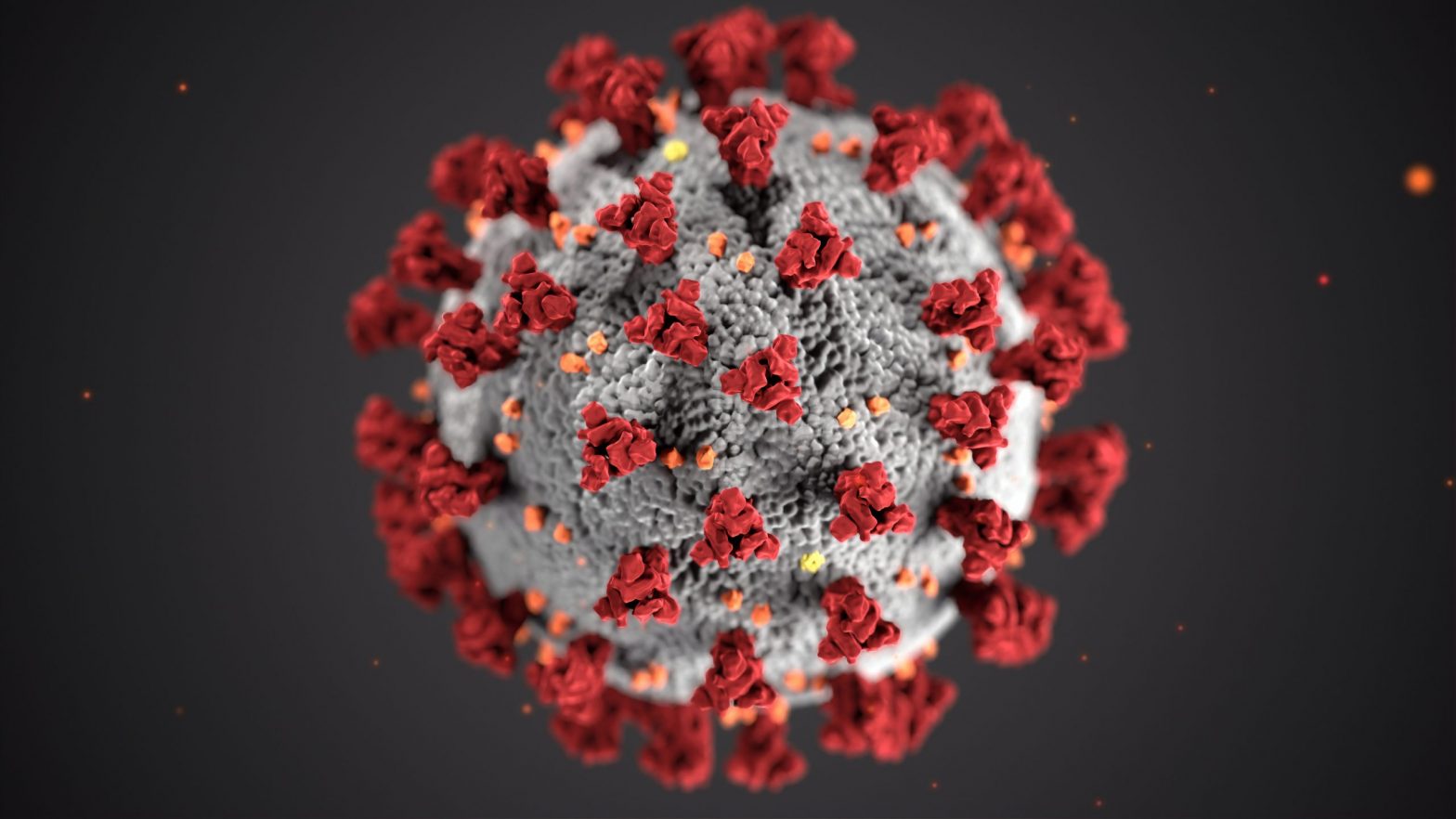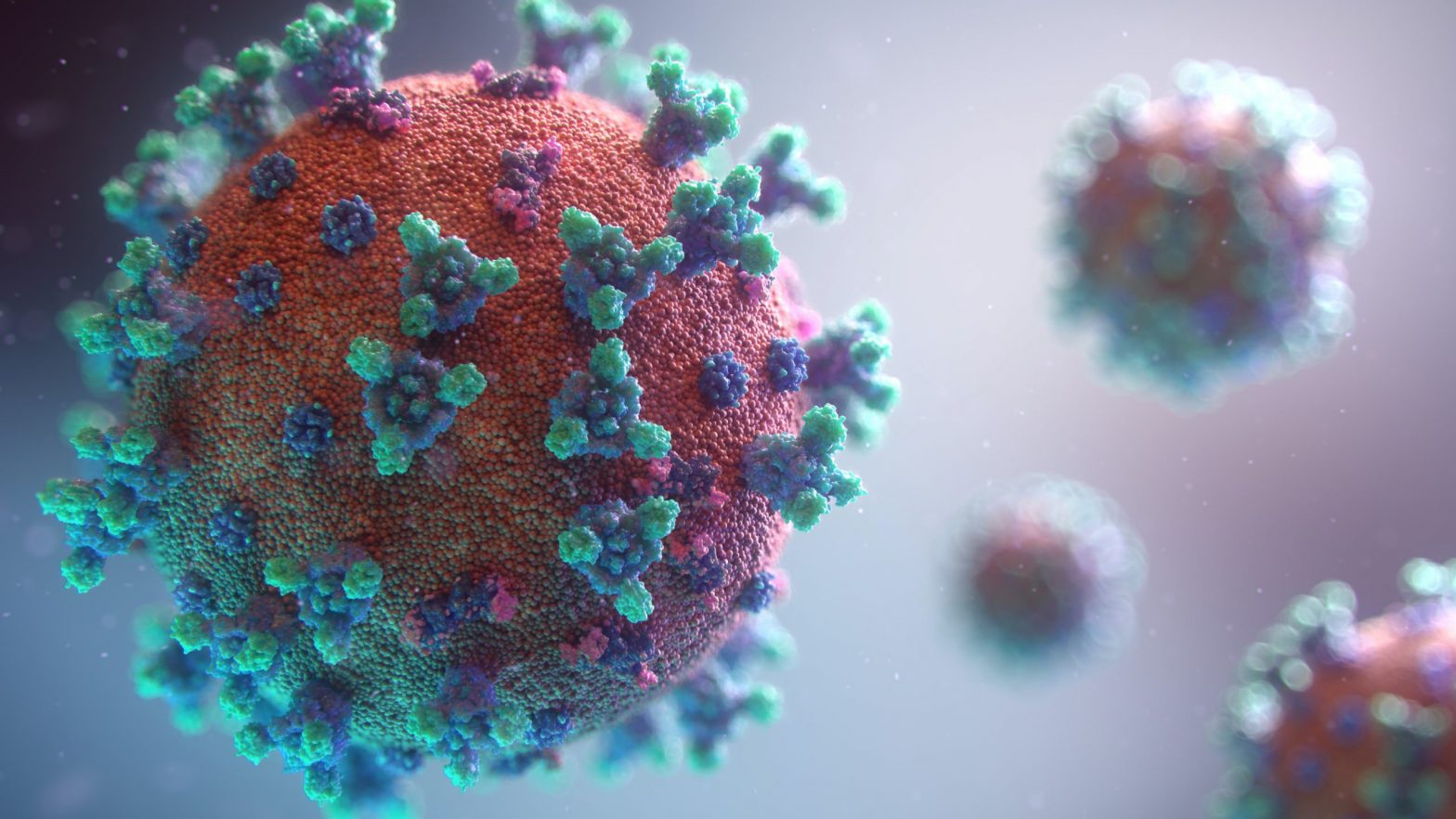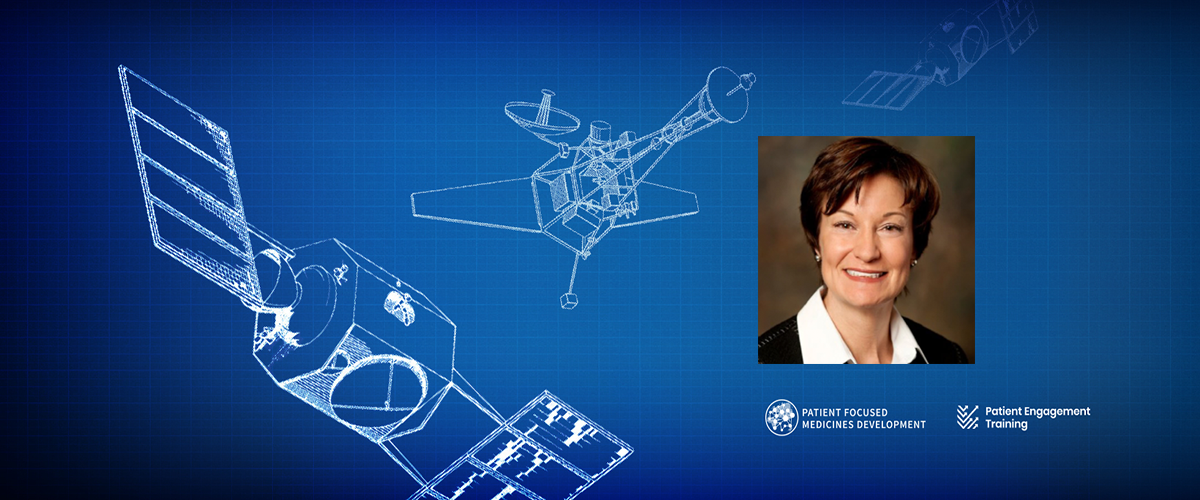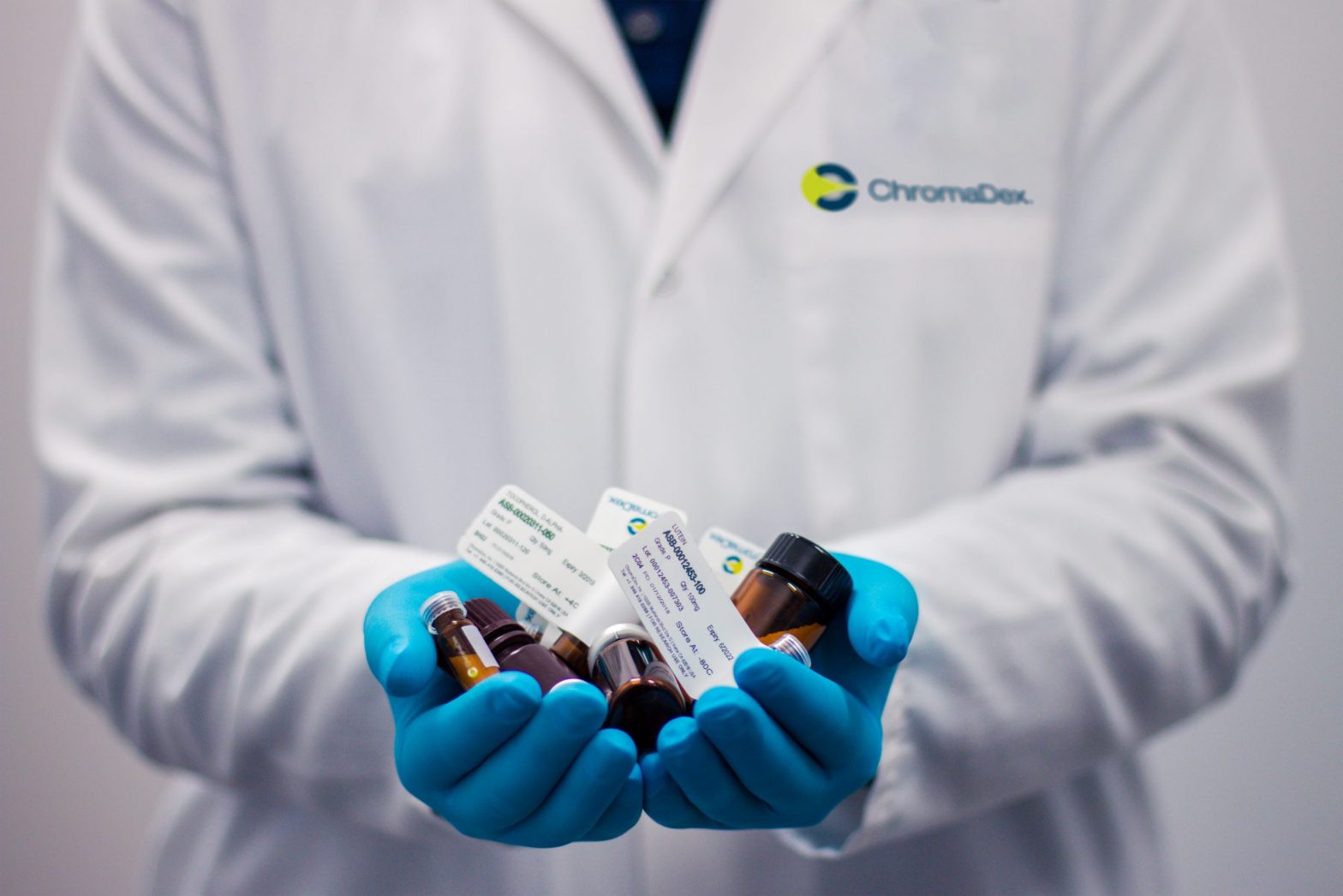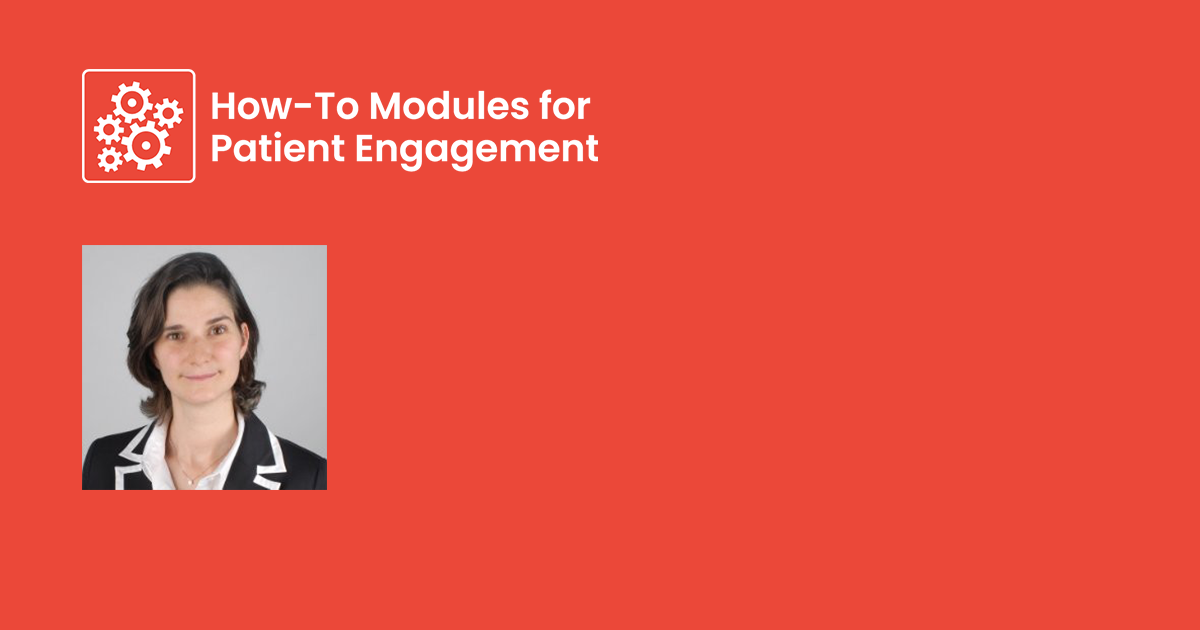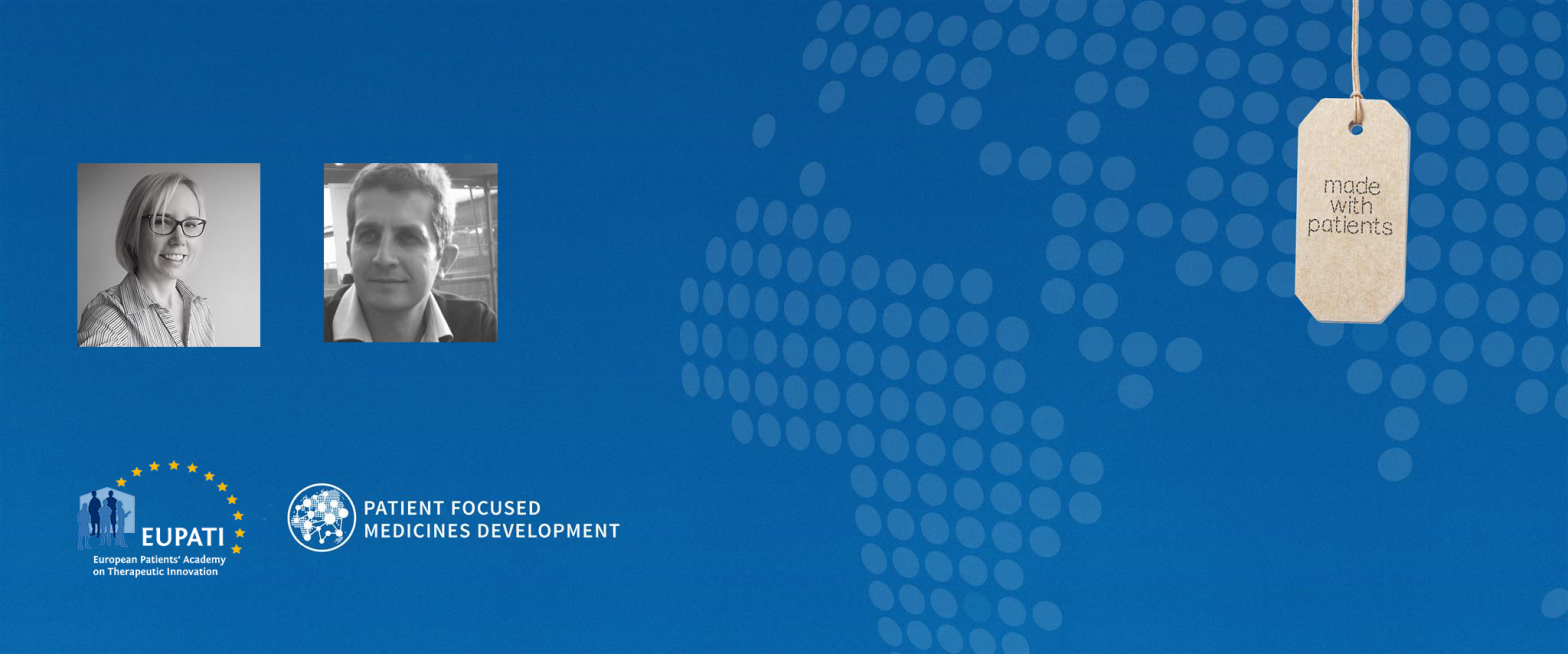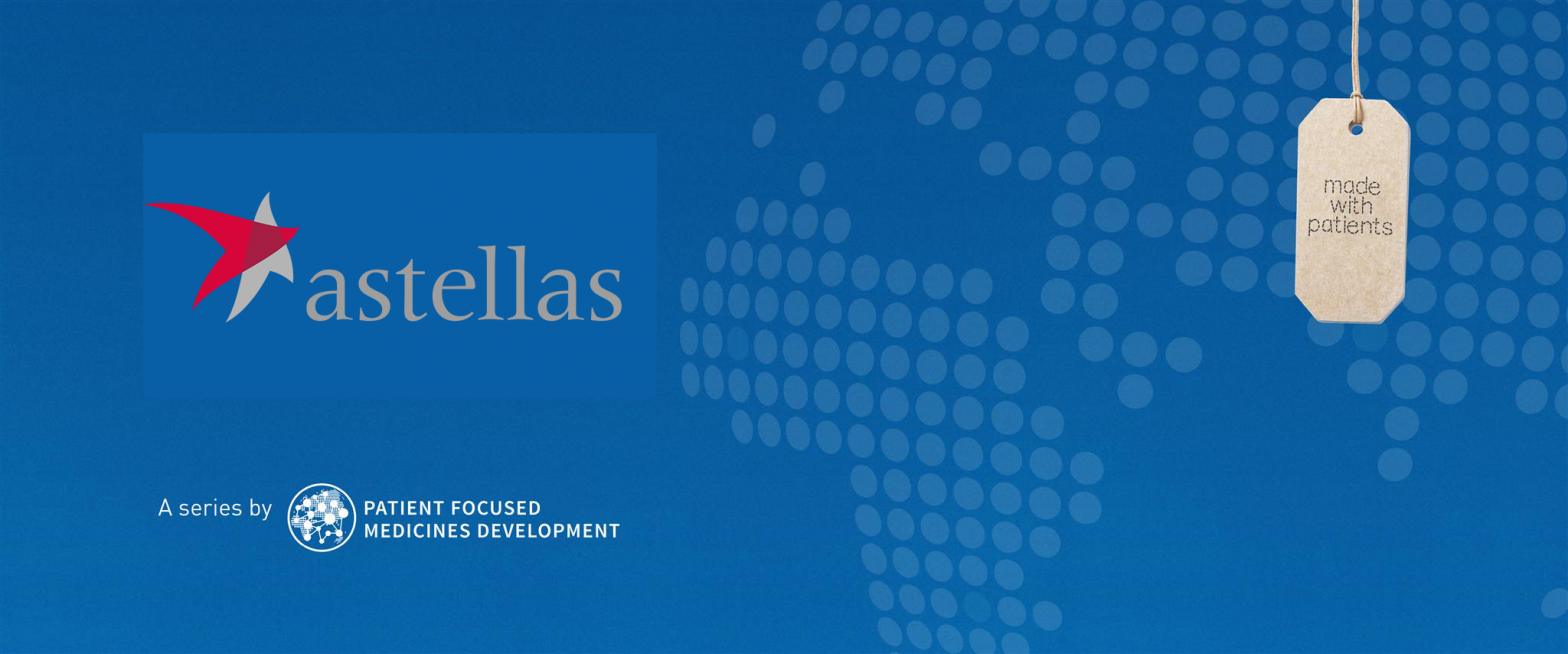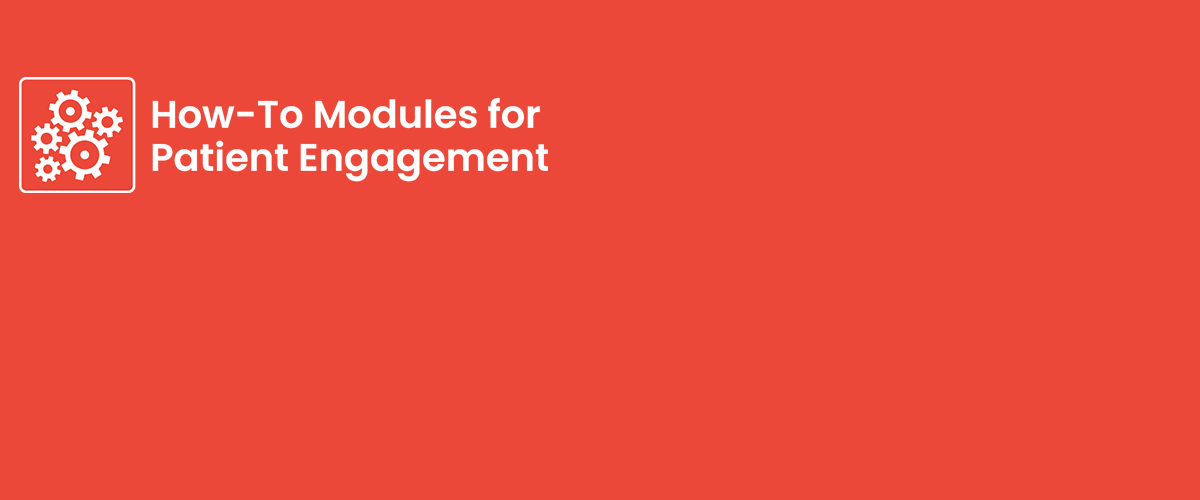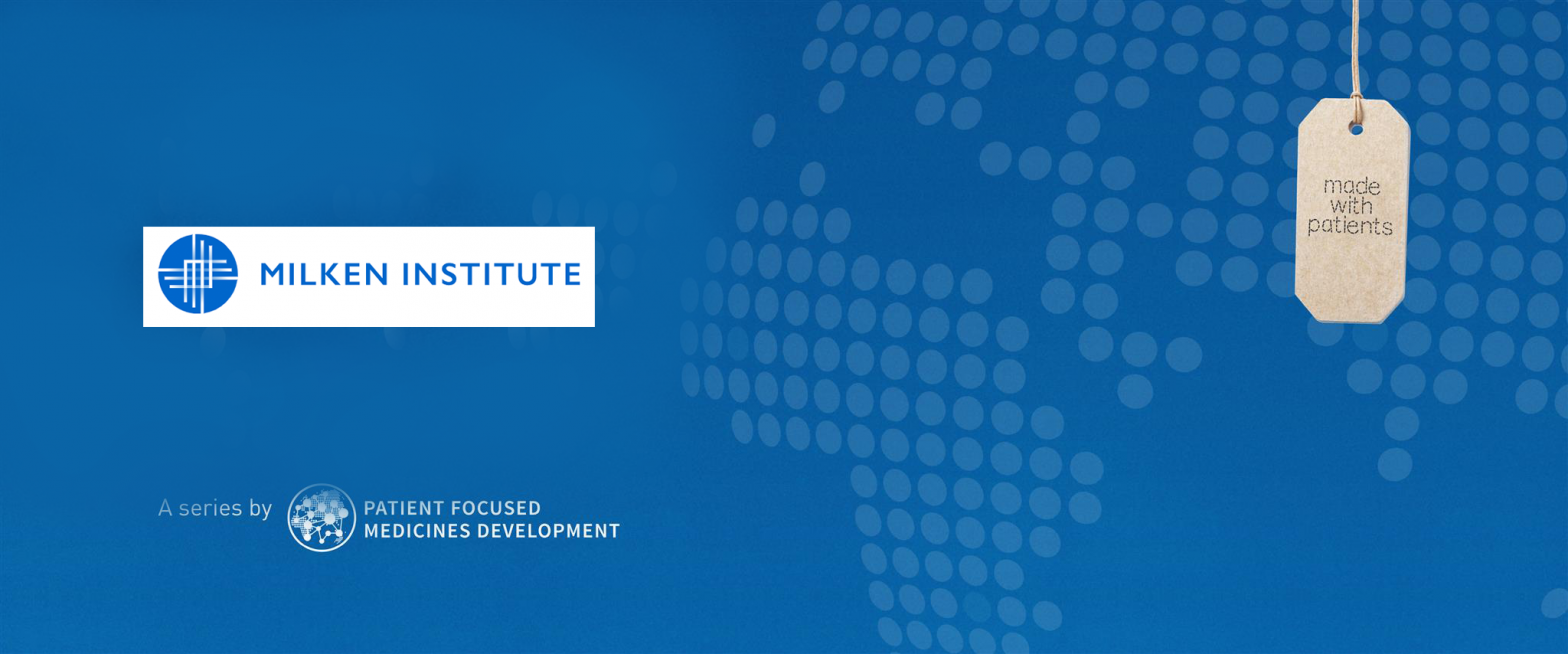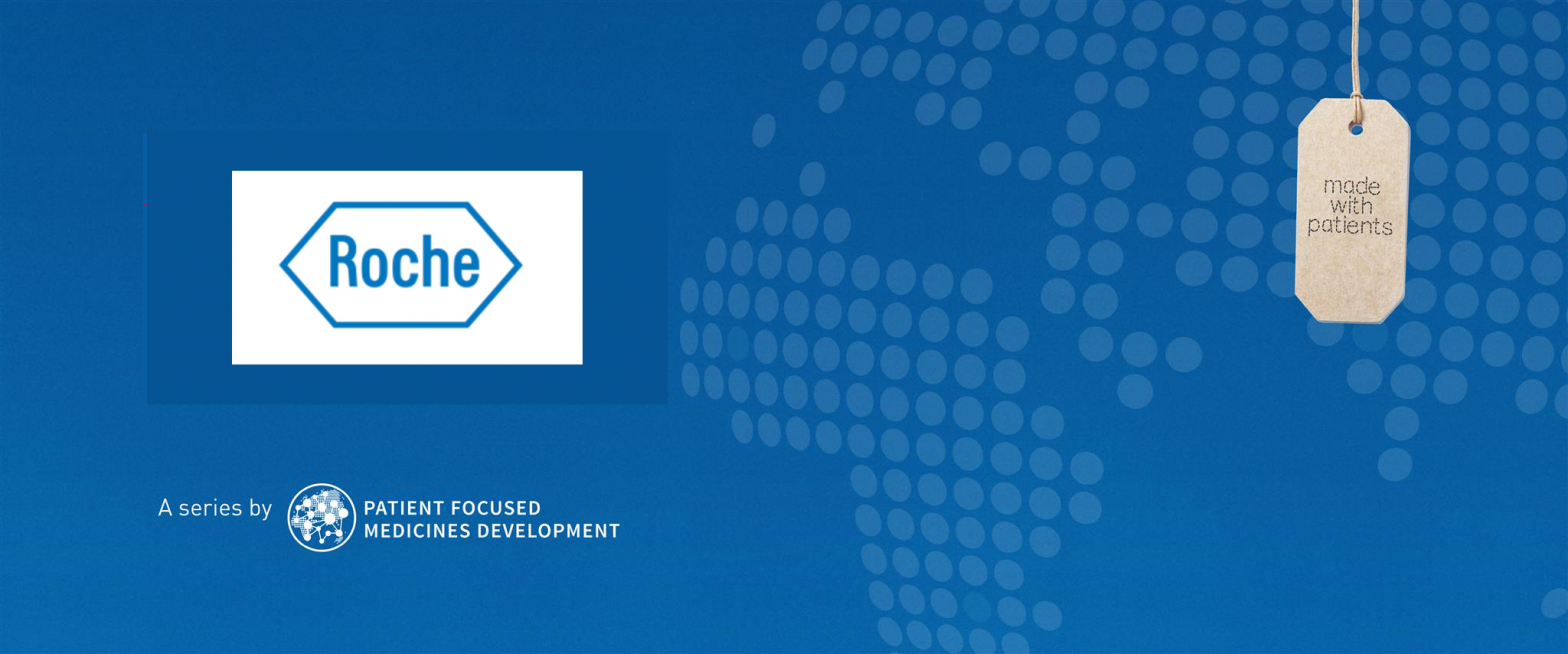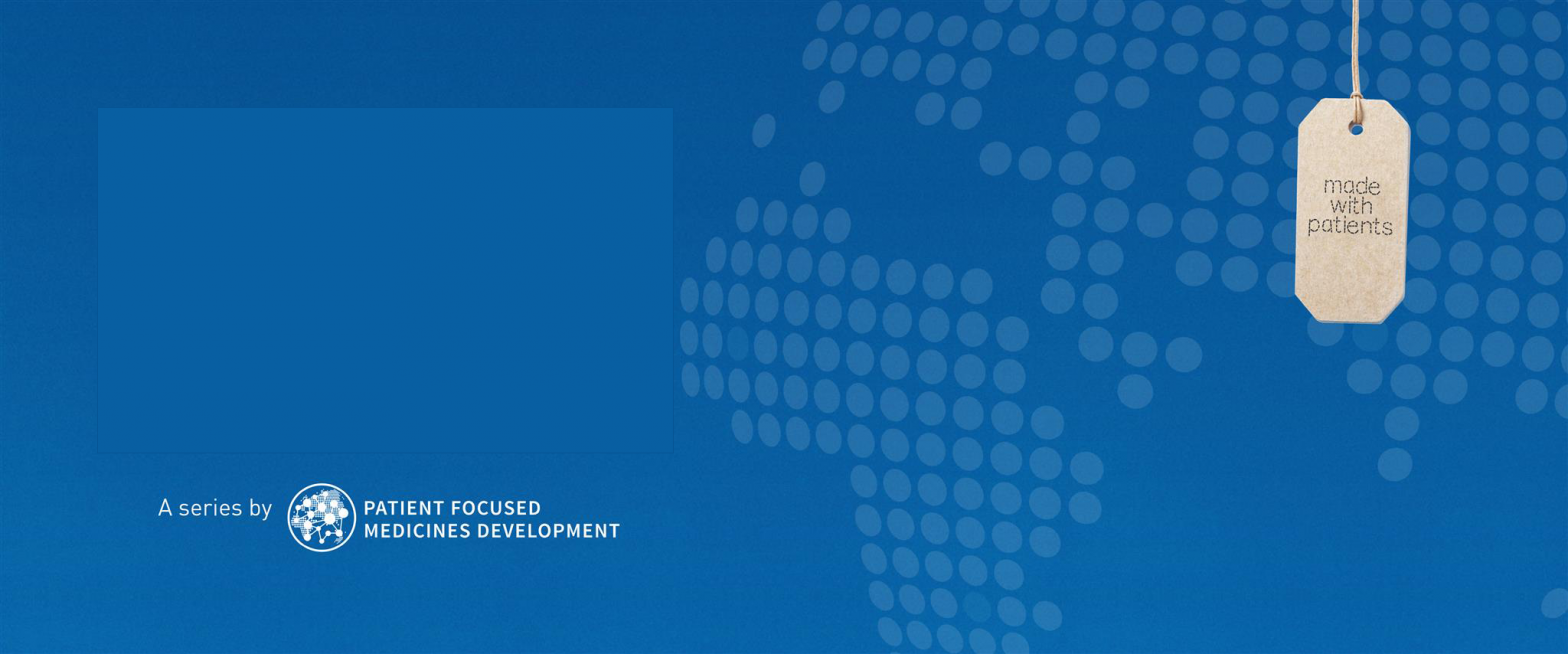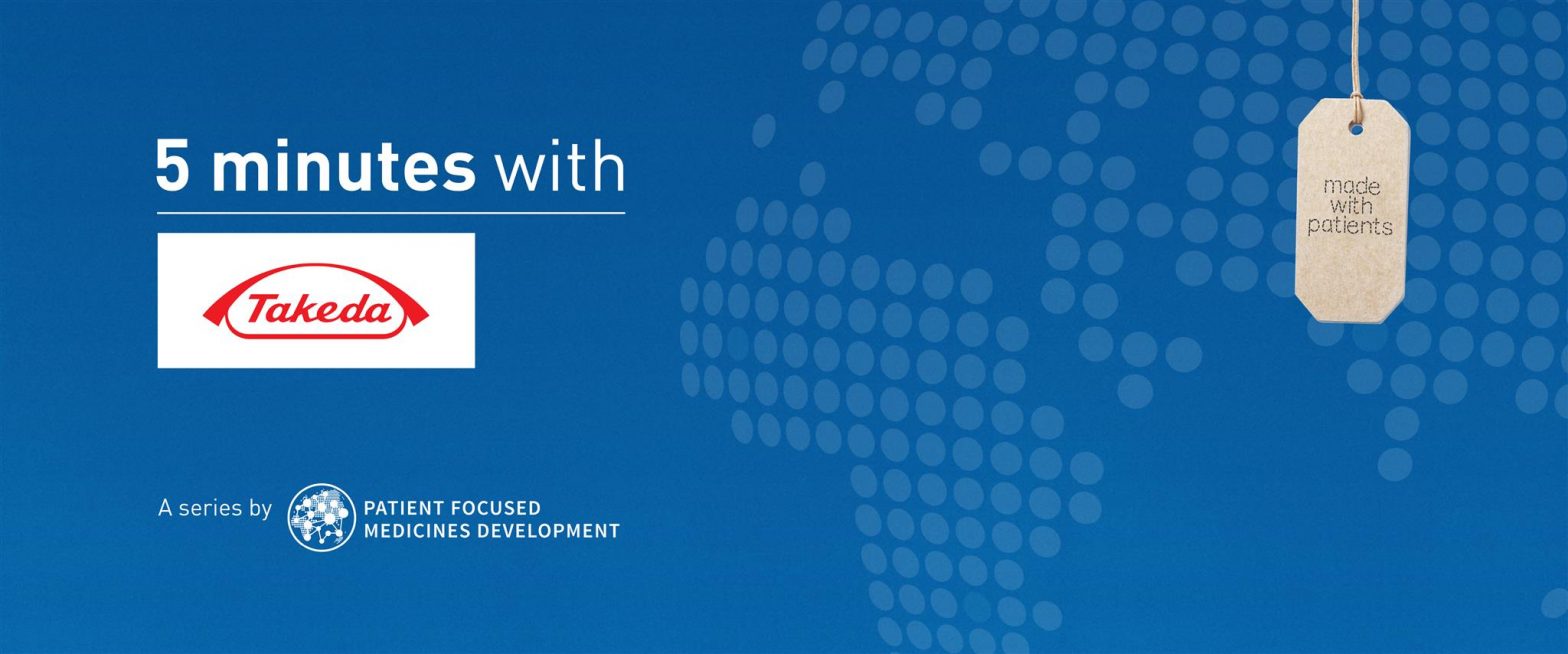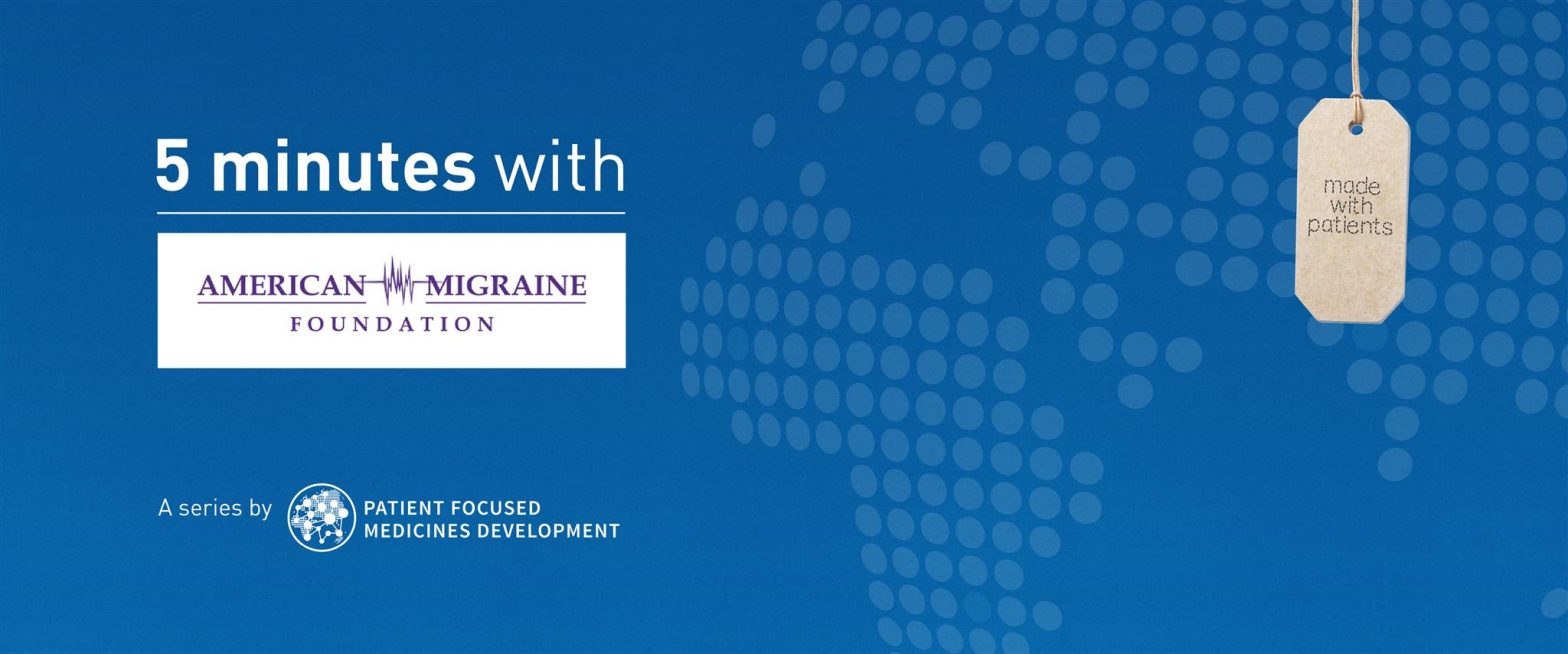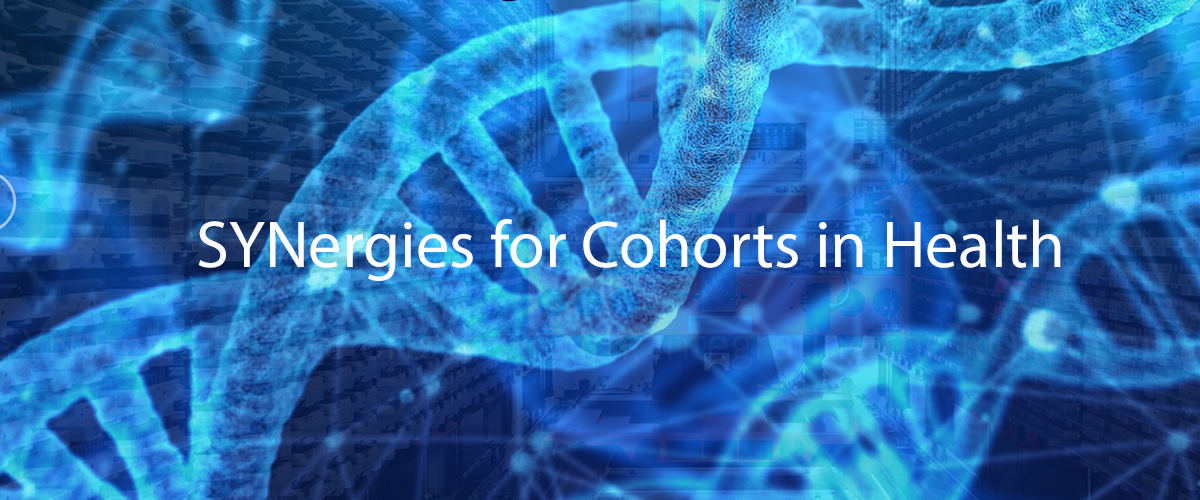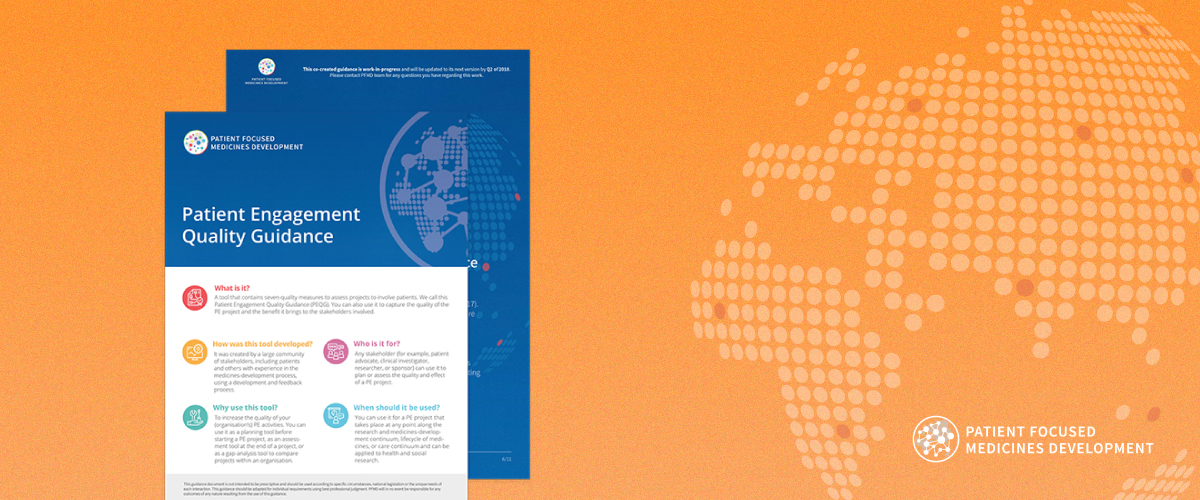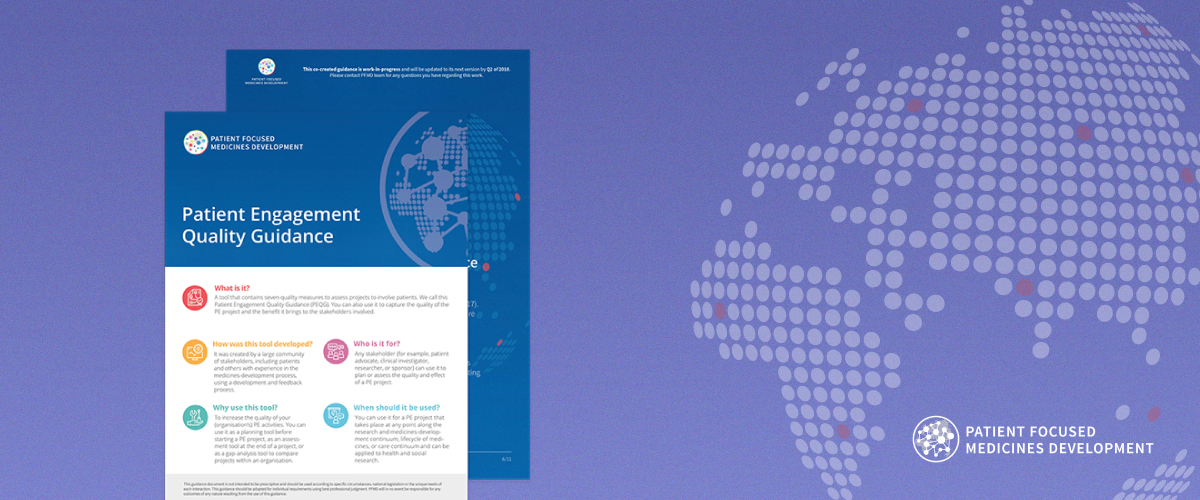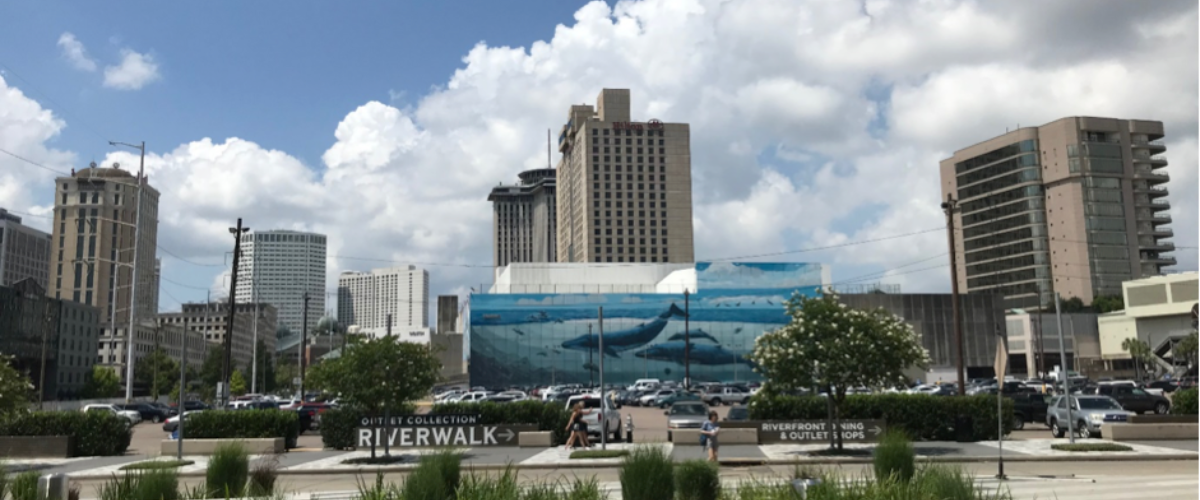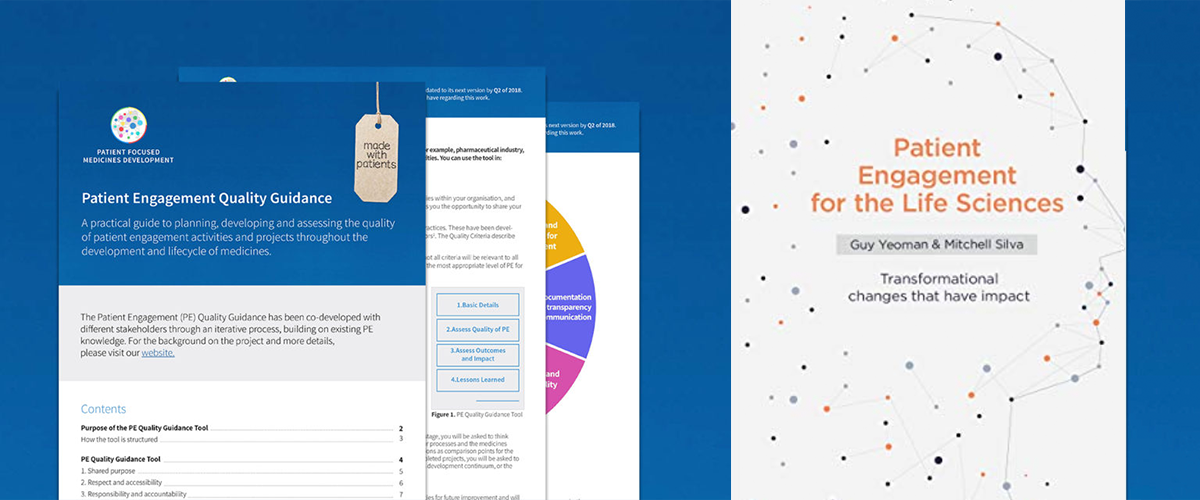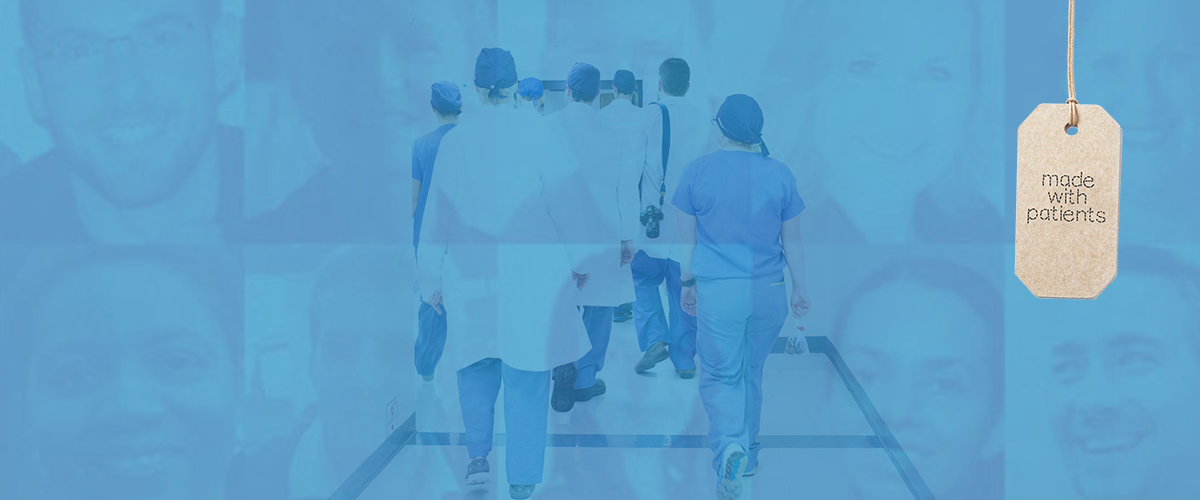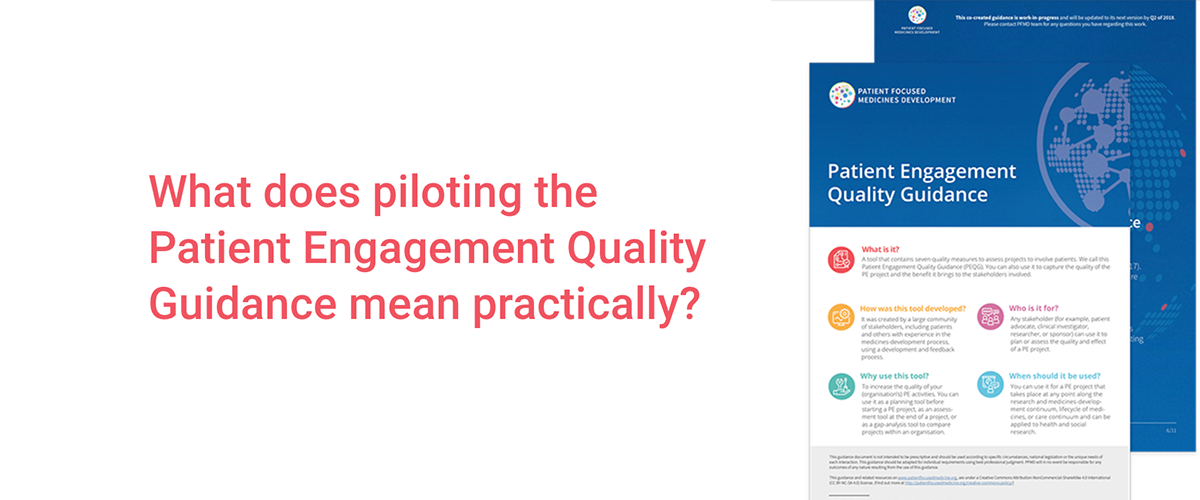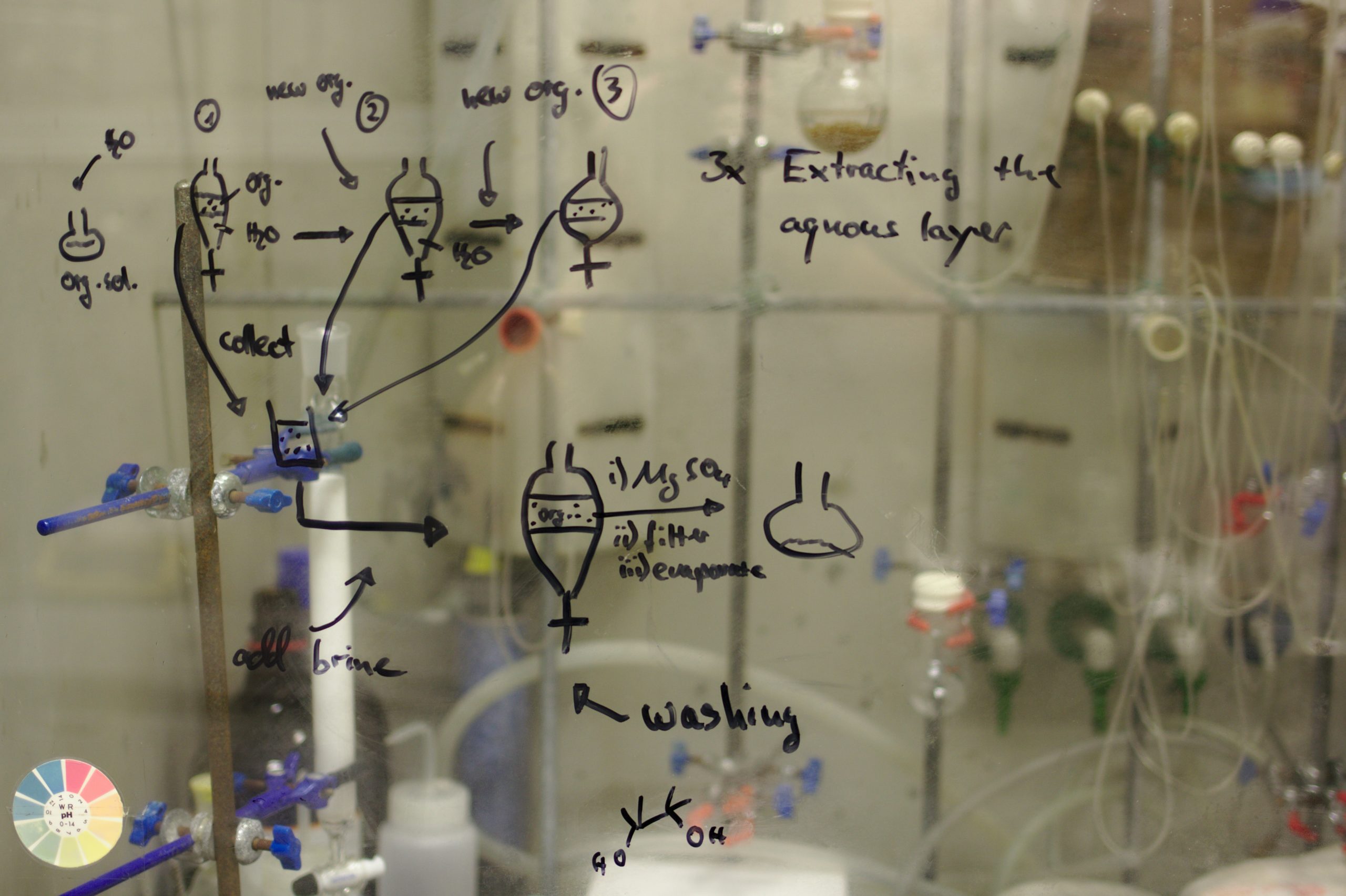Vulnerable patients are at risk of serious illness if they are infected by the SARS-CoV-2 virus. By disrupting research, clinic visits and patient engagement meeting, the pandemic will also have a long-term impact, writes Gary Finnegan
Prior to the outbreak of COVID-19, people with conditions like kidney disease, cancer, asthma or dementia already faced a range of health challenges. When the pandemic struck, this was compounded with the anxiety of knowing they are at heightened risk if infected.
Even for those who have not contracted the virus, their health and wellbeing have suffered setbacks. In the short term, clinic visits have been cancelled and consultations have moved online. In the longer term, pausing clinical research and meetings of patient advocacy groups could stall scientific progress in areas of high unmet need.
Kidney disease
Janine Diebel is a retired dialysis administrator and clinical trial participant. She has spent much of the pandemic at home, venturing outside only to collect food dropped outside her house.
Janine says the pandemic has been a real setback for patients and for vital research: ‘Patients may feel at higher risk of serious outcomes or that they are putting themselves in danger by taking part in clinical studies,’ she says.
However, after the initial shock experienced in the early months of the pandemic, patients and health systems have adapted. The Cardinal Study, a large trial of patients with Alport Syndrome (a chronic kidney disorder) shifted to virtual monitoring and home visits instead of requiring patients to come to clinics. Janine is now in the Eagle Study at the University of Michigan which involves in-person visits.
Despite the challenges, she says there is a reason for hope as kidney disease patients look to a post-pandemic future. ‘This is a very exciting time for folks with Alport Syndrome as there is much interest in basic science and disease-specific research as well as drug therapies,’ says Janine. ‘I’m so grateful for being able to affect the availability of a medicine that can delay the progression of this kidney disease.’
In the meantime, while the pandemic continues, kidney patient organisations are seeing growing demand for their service, says Kelli Collins at the National Kidney Foundation.
‘We are seeing that people hospitalized with COVID-19, who had no previous history of kidney disease, are coming out as kidney patients,’ Kelli explains. Read our interview with Kelli Collins
Cancer care in a time of crisis
Like kidney patients, people with cancer face the twin threat of potentially severe outcomes if infected, as well as reduced services for their existing disease. In addition, Bettina Ryll of the Melanoma Patient Network Europe says some patients have been switched from intravenous therapy to oral treatments, and are a lower priority when health systems are running at capacity.
The Workgroup of European Cancer Patient Advocacy Networks (WECAN) has mapped the concerns of people with cancer, highlighting psychosocial and financial pressures, along with physical health issues. According to Jan Geissler of WECAN, patient organisations are increasingly stretched by the growing demand for services while fundraising activities have been curtailed. Read more on cancer and COVID.
Dementia: coping with new burdens
The stress associated with the pandemic has been particularly profound for people living with dementia. Services have been curtailed, virtual meetings have brought new technological challenges, and those in care homes have faced significant barriers to seeing loved ones.
The cumulative effects have been stark, with research showing increased levels of stress, anxiety and loneliness amongst people with dementia and their carers, says Owen Miller, Policy Officer, Alzheimer Europe. Read the interview
Arthritis advocacy under pressure
The strain on patient organisations is felt across disease areas. For the Arthritis Foundation, in-person patient meetings and fundraising events have been severely curtailed, depriving patients of support and denying the organisation a key source of revenue.
‘All events were cancelled, postponed or virtualized,’ says Nick Turkas, Director of External Affairs at the Arthritis Foundation. ‘This was a big blow to those patient communities.
However, as patient communities become more accustomed to online meetings, attendance and engagement have grown. ‘Our ability to fundraise via in-person events is still a real concern,’ Nick adds. Read more
Delayed diagnosis of rare diseases
In normal times, people with rare diseases face particular challenges in securing a diagnosis and accessing services. The COVID-19 outbreak has made matters much worse, according to a comprehensive survey of patients conducted by EURORDIS.
Some 84% of the respondents said they had suffered disruption in services, while 64% are concerned the pandemic will have a negative impact on their health. A significant minority (30%) said the results of missing appointments could be life-threatening.
‘People living with rare diseases in Europe have found themselves caught as collateral damage of the COVID-19 pandemic, facing interruptions to their care that could be life-threatening,’ said Yann Le Cam, Chief Executive Officer, EURORDIS-Rare Diseases Europe. ‘The risk of exacerbating inequalities that already exist for these patients is very real.’ Read the interview
Migraine groups search for a silver lining
The pandemic is reshaping patient care, fundraising and advocacy. Aside from the difficulties that arise from disruptive change, the ‘new normal’ comes with some silver linings, according to Nim Lalvani, Executive Director of the American Migraine Foundation.
‘Our work has been driven by virtual engagements of our patient and public communities,’ she explains. ‘Because of this, we are in a great position to continue our work and mission of mobilizing our community for patient support, education, advocacy and research. Personally, I appreciate the challenge as it has frequently given me the opportunity to think outside the box.’ Read the interview
PFMD’s series of interviews with patient advocacy groups reveals the pressures they are under, as well as the logistical challenges that the pandemic poses for patient engagement. As we look to a post-pandemic era, ensuring patients’ voices are heard must be a priority for health systems around the world.






